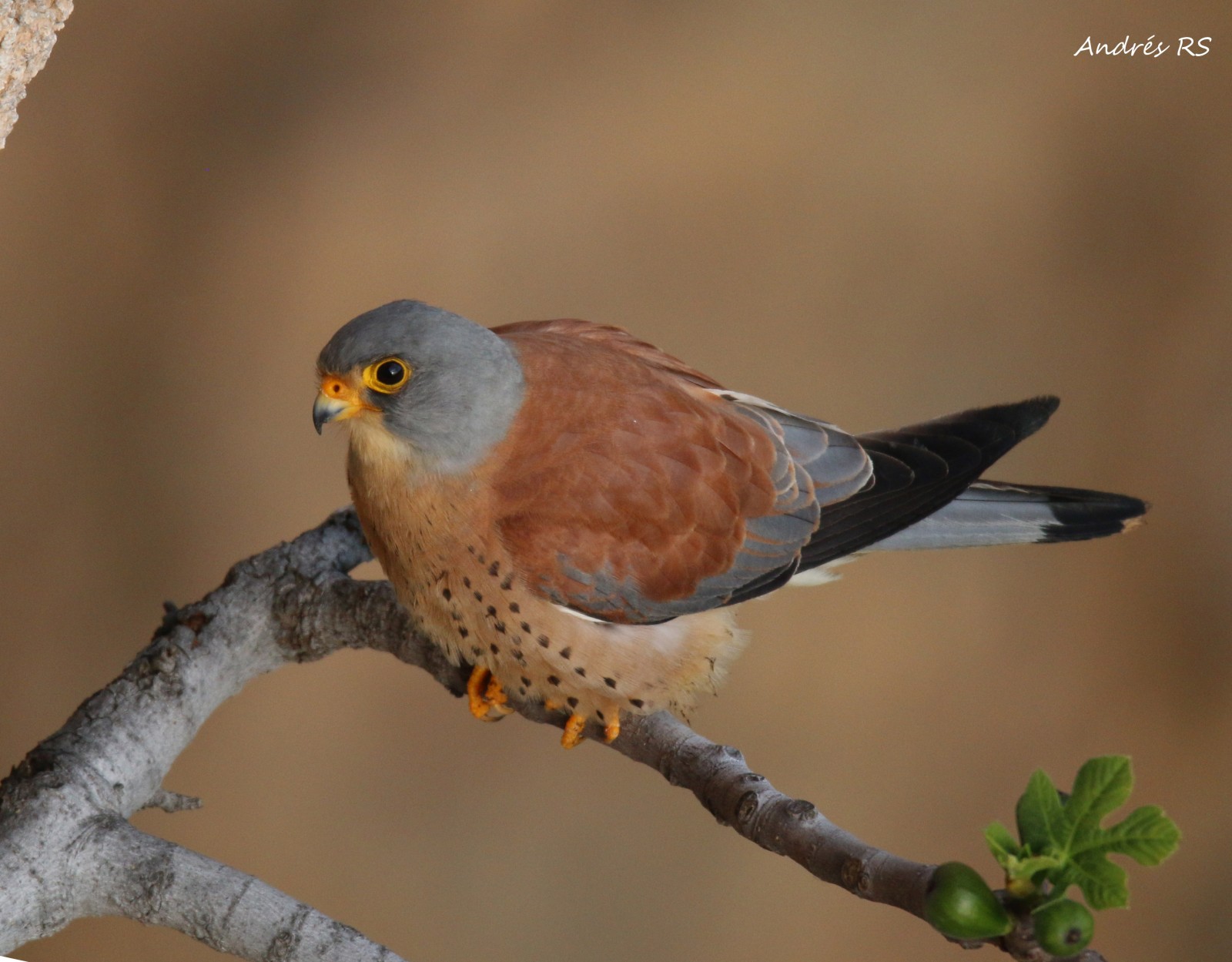Description
At the Castle viewpoints Gåsegribb will appear a few meters from the observers and in good numbers, with the possibility of observing their nests. At any moment the Skjellgribb or the Black Vulture can appear above your heads, even the Åtselgribb. In addition, a migration route crosses the town above, giving the opportunity to observe numerous different species of raptors. Other species that frequently hunt on the edge of town are Vandrefalk, Dvergørn and Slangeørn.
It is possible to find Blåtrost and Svartsteinskvett even on the streets and rooftops, these are chosen by thousands of Gråseiler to breed. Many Klippesvale arrive every evening. You can also see a large number of Steinspurv and there are some pairs of Alpeseiler. Another species somewhat more difficult to detect is the Alpejernspurv that visits every winter or the Klippespurv.
In the green areas of the town there is the possibility of encountering many passerines, one of these species could be the Grankorsnebb, which is more common during winter.
In the Blas Infante Cultural Center another very special bird is present during the summer period, the Rødfalk. The Alpekråke flies in the vicinity. During the nights these same streets of the town are owned by Hubro.
_________________________
Espagnol: El pueblo Casares cuenta con varios miradores y rincones donde es posible observar numerosas especies. En los miradores del Castillo el Gåsegribb aparecerá a pocos metros de los observadores y en buenas cantidades, con posibilidad de observar sus nidos. En cualquier momento pueden aparecer sobre nuestras cabezas el Skjellgribb o el Black Vulture, incluso el Åtselgribb. Además, una vía de migración atraviesa el pueblo por encima, dando oportunidad de observar numerosas especies distintas de rapaces. Otras especies que cazan con frecuencia en los límites del pueblo son el Vandrefalk , el Dvergørn y la Slangeørn .
Al haber existencia de cortados en el área es posible encontrar al Blåtrost y la Svartsteinskvett incluso en las calles y tejados, estos mismos son elegidos por miles de Gråseiler para criar. En los cortados se reproducen otras tantas especies como el Klippesvale, como más destacable, crían aquí y llegan cada atardecer gran cantidad de ejemplares de Steinspurv, existen algunas parejas de Alpeseiler. Otra especie algo más difícil de detectar es el Alpejernspurv que todos los inviernos los visita o el Klippespurv.
En las zonas verdes del pueblo se da la posibilidad de encontrarte con muchos paseriformes, uno de estas especies podría ser el Grankorsnebb, que es más común durante el invierno.
En el Centro cultural Blas Infante otro ave muy especial está durante el periodo estival, el Rødfalk. La Alpekråke vuela por las cercanías. Durante las noches estas mismas calles del pueblo son propiedad del Hubro.
Details
Access
The village can be accessed coming from the A-377 from Manilva or in the opposite direction from Gaucín, but taking the exit towards the A-7150. Another way is going up from the MA8300 from Casares costa or the track that comes from Estepona to the MA8300 itself.
_________________________
Espagnol: Se puede acceder viniendo por la A-377 desde Manilva o en sentido contrario desde Gaucín, pero tomando la salida hacia la A-7150. Otra forma es subiendo desde la MA8300 desde Casares costa o la pista que viene desde Estepona hasta la propia MA8300.





